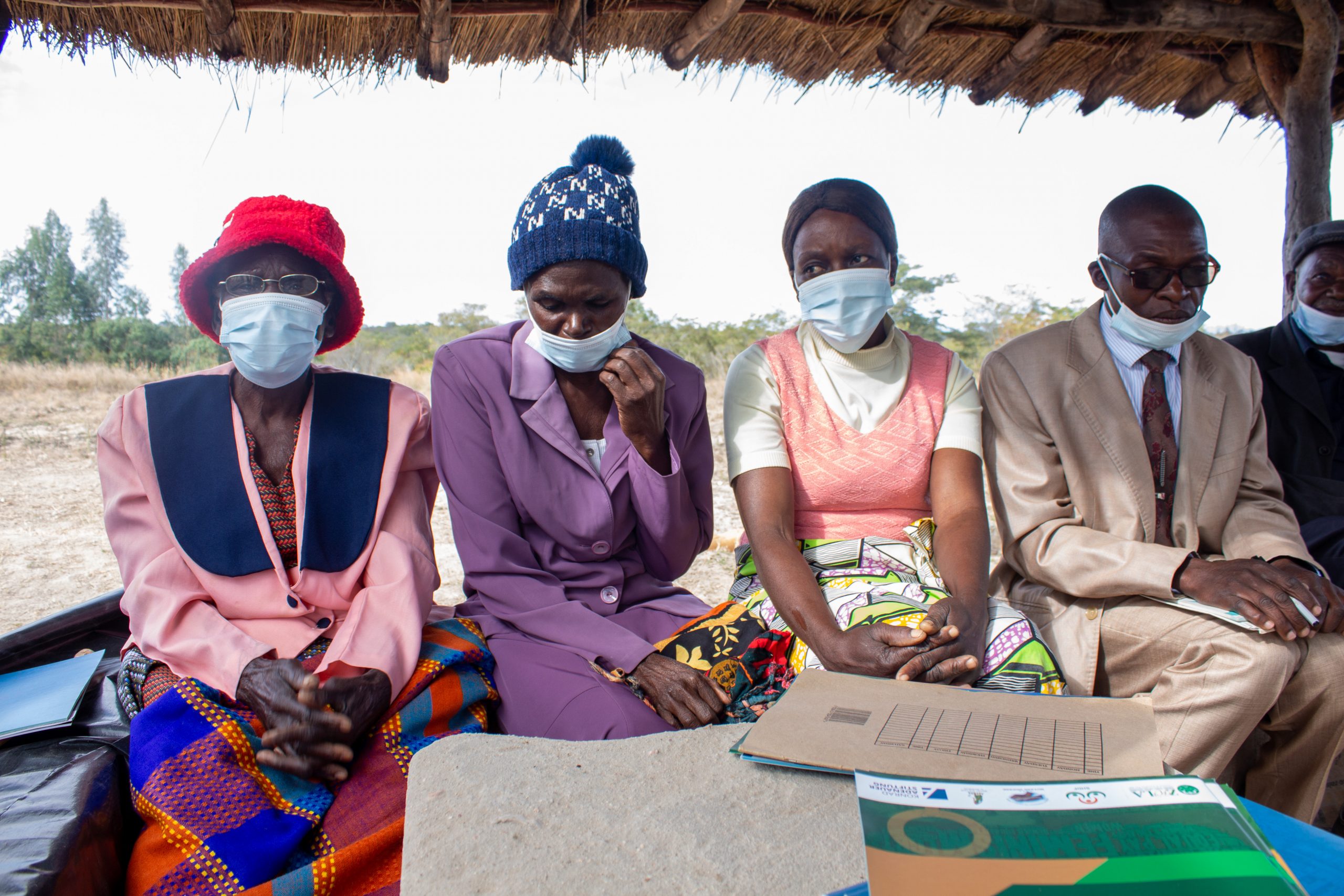
By Nyasha Dube, Zvishavane
Legal practitioners say merging traditional law with general law could go a long way in ensuring that women have equal access to land and resources despite their gender.
This follows a traditional court case which was held in Chiriya village Shurugwi on the 15th of July 2022, which involved a land inheritance dispute between a widow and her brother in law.
The major highlight was how the village head presiding over the matter was quoting legislations like the constitution, the Traditional Leaders Act and the Deceased Estate Succession Act.
The case was ruled in favor of the widow, indicating a shift from patriarchal practices which used to disadvantage women.
Konrad Adenauer Stiftung (KAS) has, for the past few years, been implementing the One world no hunger project in Shurugwi, Mutasa and Lupane aimed at strengthening women’s land rights and eliminating discriminatory practices which hinder women from accessing land.
The organization has been educating traditional leaders as custodians of land on how they can ensure equal distribution of land between men and women, as well as sensitising them on the legal frameworks governing land in Zimbabwe.
Speaking at the sidelines of the court case, Legal Practitioner Dorcas Chivunze commended Shurugwi traditional leaders for developing an understanding of the constitution and other legislations.
“It’s good to note that traditional leaders are now conscious of their own discriminatory biases which are based on cultural beliefs, for example beliefs which view women as perpetual minors who are not capable of thinking or producing on their own. Village head Chiriya even quoted most of the legislations I had written down and it shows that traditional leaders have been acquiring knowledge and disseminating it in their respective communities,” lawyer Chivunze said.
Lawyer Shirichena also shared the same sentiments as he emphasized on the importance of referring to the constitution whenever presiding over a matter.
“The constitution is the most important legislation when handling such matters and I am happy that the village showed knowledge and understanding of its provisions,” Lawyer Shirichena said.
Most issues came out during the court highlighting communities’ misconception towards women empowerment and most importantly land rights, as most families in rural communities still believe that a wife is a commodity and is not allowed to own anything.
Issues of cultural practices such as “kugara nhaka” also surfaced showing how women are still subjected to ancient practices which infringed on their freedom.
Chief Mufiri of Shurugwi commended the village head for handling the matter amicably and from an informed point of view.
“The court was organized and there was unity and coherence within the village head’s committee, it shows that we are heading somewhere,” he said.
Women Rights Defender Jennifer Shumba commended the gender balance within the committee which heard the court case.
“Previously it was unheard of for women to actually be part of the leadership process but what we witnessed today shows that we are on the right path to gender equality, which is why we should continue pushing for equal distribution of land and resources so that women get a fair chance at opportunities,” Shumba said.